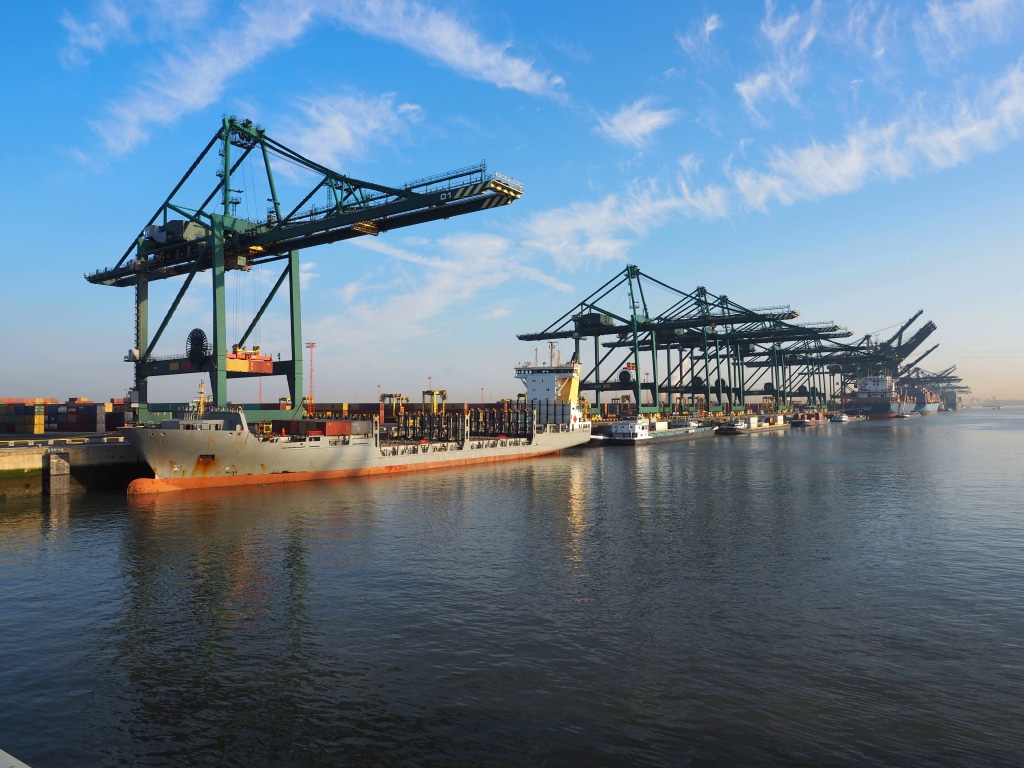Employees globally
Coffee Supply Chain Optimization
A global coffee retailer operating across 30 countries faced mounting pressure from international expansion goals and volatile coffee markets. Together, we transformed its fragmented supply chain into an integrated operation through systematic assessment and collaborative design. This four-month journey established the foundations for €9 million in gains over three years.

Our Client
This German-based consumer goods and retail company specializes in coffee and non-food products, maintaining market leadership in Germany, Austria, Czechia and Hungary.
Operating through multiple channels including owned stores, B2B partnerships with retailers and distributors and online shops, it serves customers worldwide and is particularly strong in the DACH regions and Eastern Europe. Its extensive network spans eight established country organizations.
Owned stores
Retail depots
Annual turnover



The Challenge
The organization’s ambitious international expansion target of 30% required fundamental supply chain transformation, while external pressures intensified operational complexity.
- Fragmented accountability: No central supply chain function led to delays in identifying issues and reactive decision-making, with local optimization also creating silos rather than end-to-end efficiency
- Legacy constraints: Manual processes, Excel-based planning tools and outdated systems limited scalability, while country-specific non-standardized processes created varying levels of supply chain expertise
- Market volatility: Short-term demand fluctuations, driven by promotions common within the coffee industry, combined with green coffee availability constraints and significant price increases, demanded a greater level of agility and transparency
Real Results Achieved Together
The supply chain transformation program established a clear pathway that turned fragmented operations into integrated operational excellence.
Working collaboratively with stakeholders at all levels, the program earned organization-wide awareness and buy-in. This helped to achieve systematic change and delivered measurable value.
Total benefits over 3 years identified
Months payback period
Stakeholder interviews conducted
Transformation Impact
- Identified significant inventory reduction and recovered lost sales through improved processes
- Established target supply chain maturity level with concrete initiatives for advancement
- Created organization-wide awareness for comprehensive supply chain transformation value

Our Approach
The project followed a structured two-phase methodology over four months.
- The analysis phase encompassed qualitative and quantitative assessment through focus interviews with stakeholders, process workshops identifying pain points, plus evaluation of inventory levels and forecast accuracy. Benchmarking established the initial maturity level baseline.
- The concept phase defined the future sales and operations planning (S&OP) / integrated business planning (IBP) processes including meeting structures and decision-making routines, accompanied by target organization design with clearly defined global and local roles.
Using EFESO’s True North methodology—covering strategic direction, people & culture, processes & organization, digitalization & technology and performance management—we collaboratively developed the supply chain transformation roadmap. This identified initiatives and sub-projects, with key milestones to achieve the next maturity level.
The business case was developed jointly with the organization to quantify expected benefits and costs, confirming value creation within the first three years.



Facing Similar Supply Chain Challenges?
- Struggling with fragmented operations and local optimization instead of end-to-end efficiency
- Seeking to build supply chain capabilities that match ambitious growth targets
- Ready to transform manual processes into scalable operational excellence









